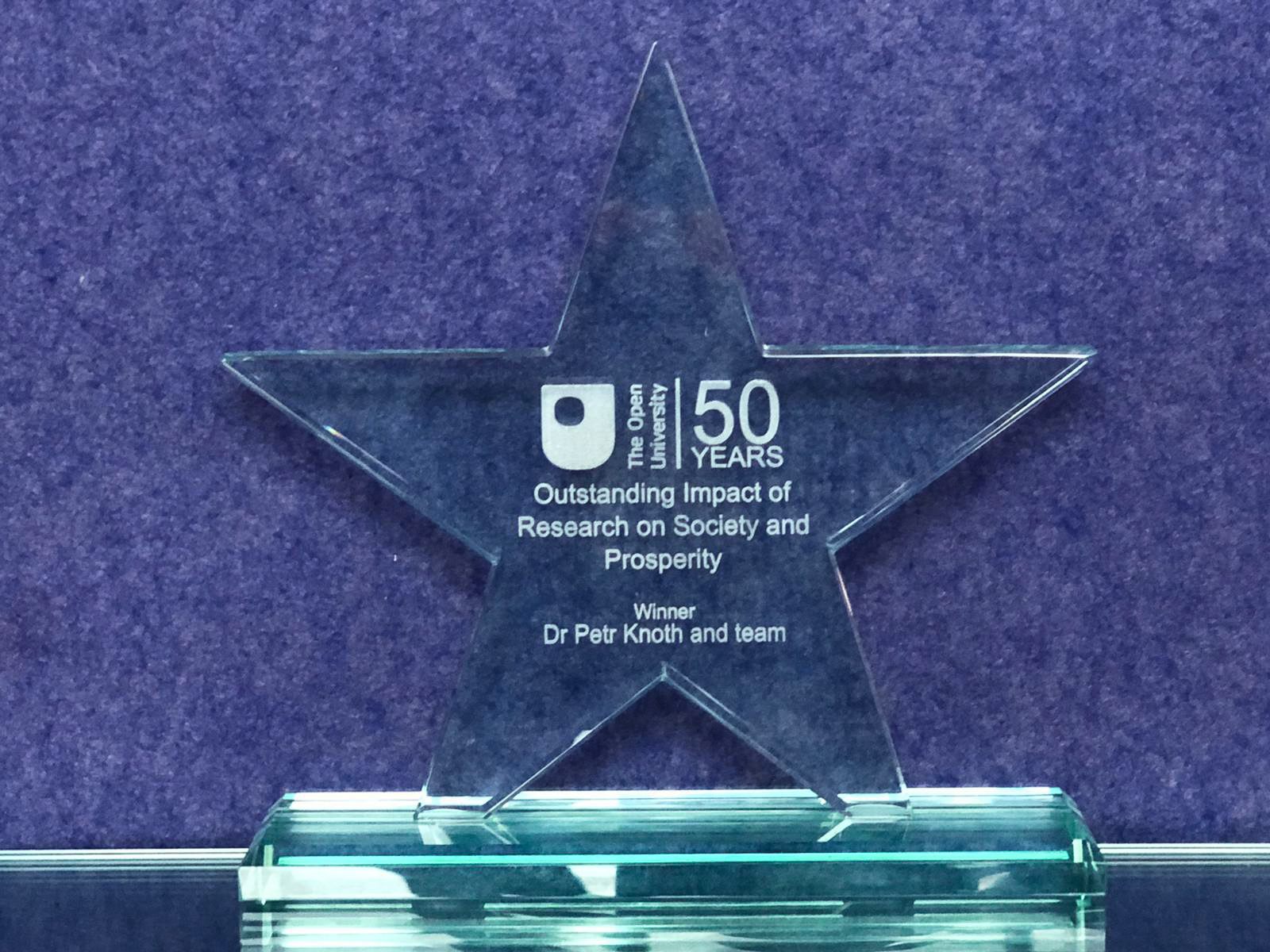 Nick has worked in scholarly communications for over 10 years, currently as Open Research Advisor at the University of Leeds. Previously he was Research Services Advisor at Leeds Beckett University. Nick is interested in effective dissemination of research through sustainable models of open access, including underlying data, and potential synergies with open education and Open Educational Resources (OER), particularly underlying technology, software and interoperability of systems.
Nick has worked in scholarly communications for over 10 years, currently as Open Research Advisor at the University of Leeds. Previously he was Research Services Advisor at Leeds Beckett University. Nick is interested in effective dissemination of research through sustainable models of open access, including underlying data, and potential synergies with open education and Open Educational Resources (OER), particularly underlying technology, software and interoperability of systems.
Q: What does Open Access means to you?
A: We live in the age of information where the world’s knowledge should be immediately and easily accessible to the majority of humanity. Instead much primary research is restricted to those that can afford it, whether to read under traditional subscription models or, under an APC based model, to publish at all. Meanwhile fake news is propagated freely with potentially disastrous consequences for our democracy, our ecology and global equality. Sustainable and affordable open access to research is essential for a well informed global population, the first step to building a better society.
With equity as the theme of this year’s Open Access week we will be exploring issues of equality including gender imbalance within the academy and how our University’s research can better benefit the Global South. Early plans include a gender analysis of Leeds research outputs and a Wikimedia editathon focussing on women scientists and encouraging researchers of all genders to properly cite Wikipedia with open access research. read more...

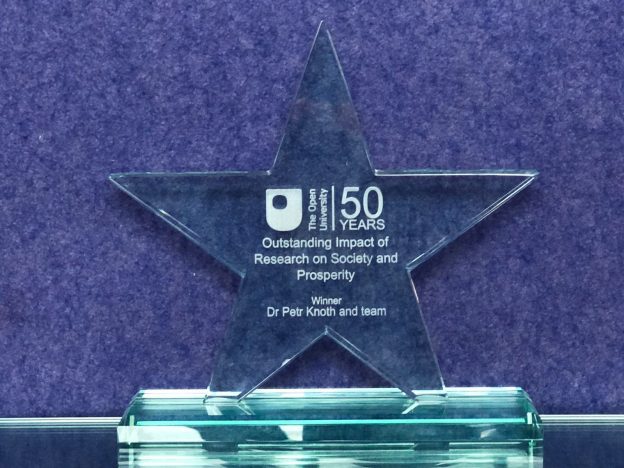
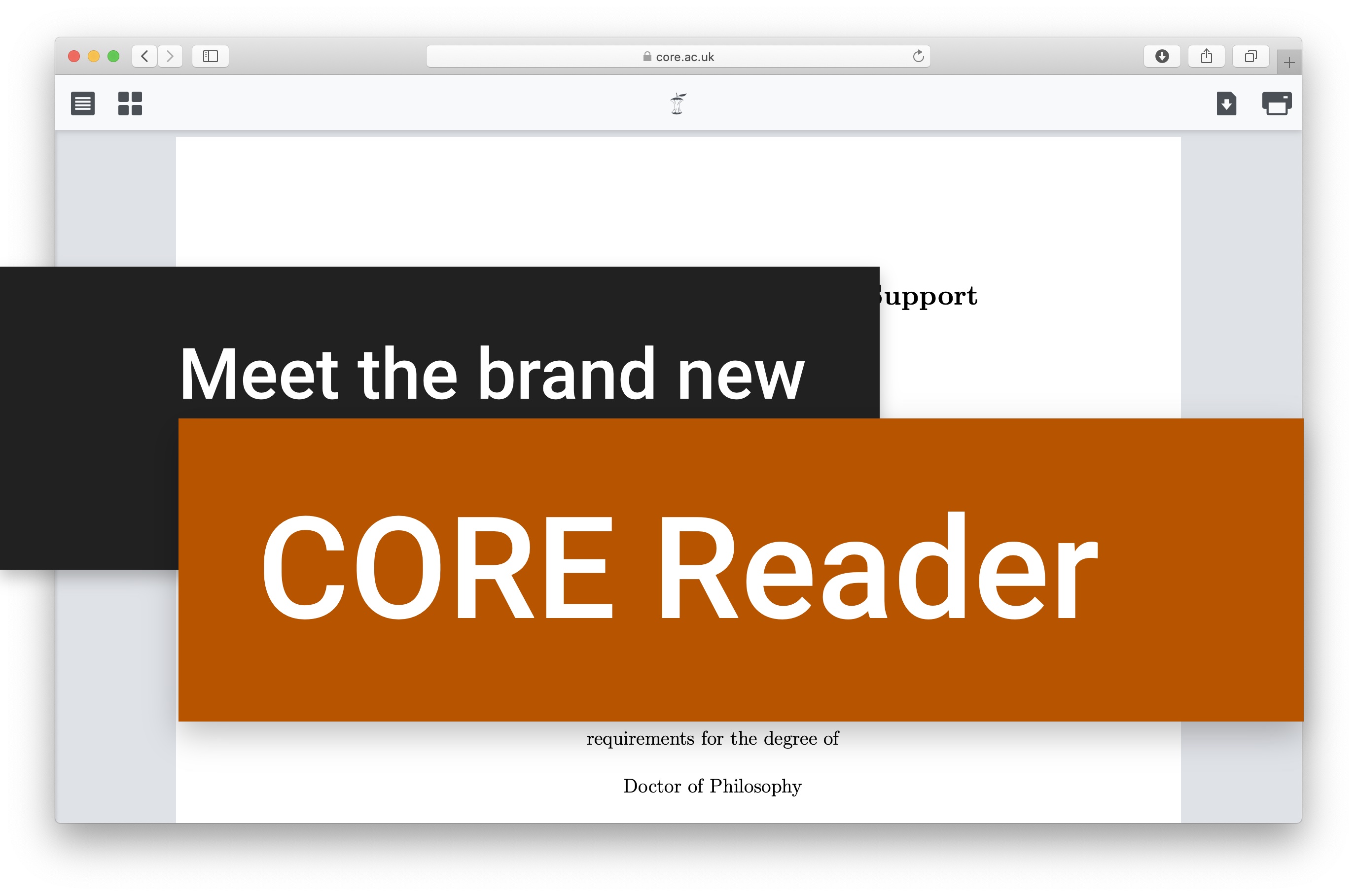
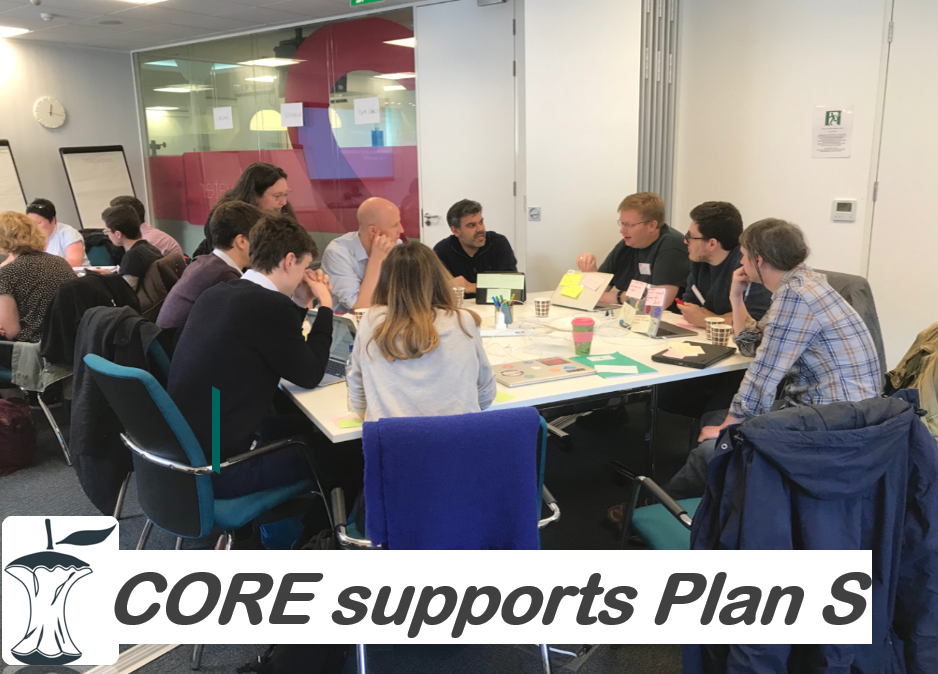

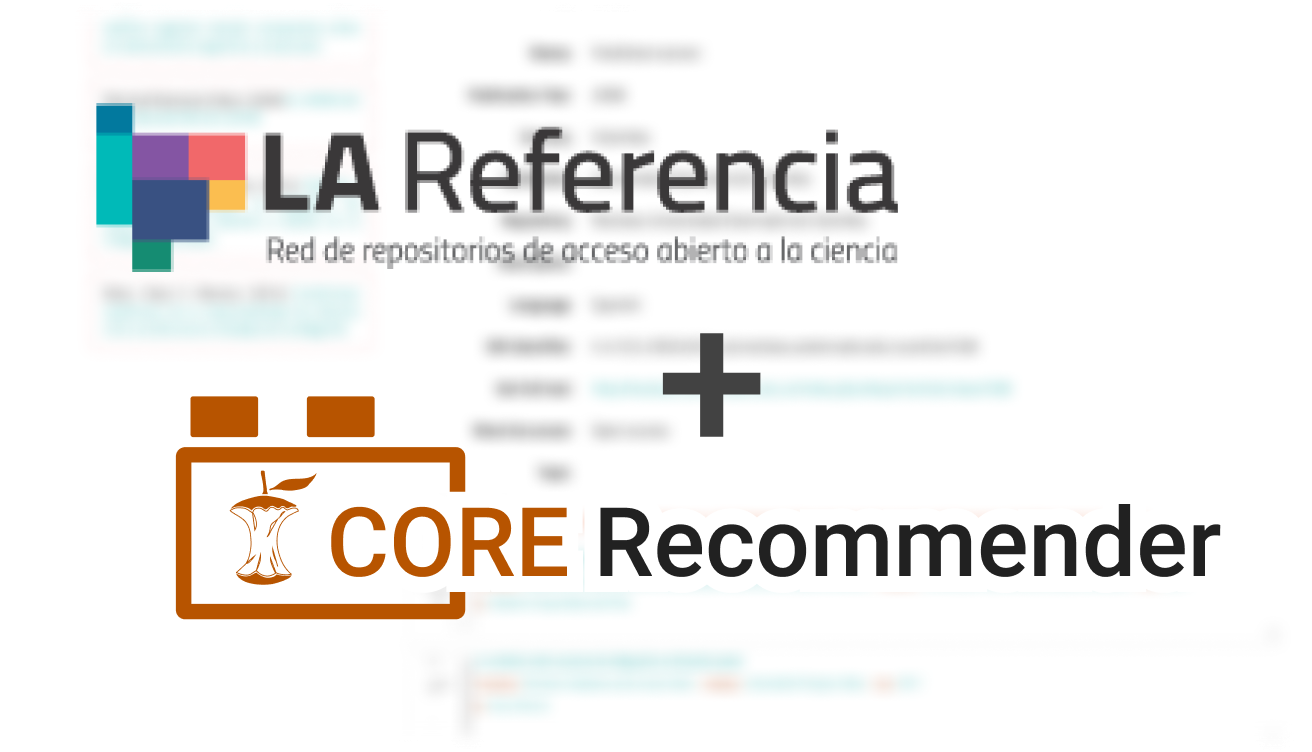
 Barbora is an Assistant Professor at the Department of Politology and Philosophy, Faculty of Arts, at the University of Jan Evangelista Purkyně, Ústí nad Labem, Czech Republic.
Barbora is an Assistant Professor at the Department of Politology and Philosophy, Faculty of Arts, at the University of Jan Evangelista Purkyně, Ústí nad Labem, Czech Republic.  Nick has worked in scholarly communications for over 10 years, currently as Open Research Advisor at the University of Leeds. Previously he was Research Services Advisor at Leeds Beckett University. Nick is interested in effective dissemination of research through sustainable models of open access, including underlying data, and potential synergies with open education and Open Educational Resources (OER), particularly underlying technology, software and interoperability of systems.
Nick has worked in scholarly communications for over 10 years, currently as Open Research Advisor at the University of Leeds. Previously he was Research Services Advisor at Leeds Beckett University. Nick is interested in effective dissemination of research through sustainable models of open access, including underlying data, and potential synergies with open education and Open Educational Resources (OER), particularly underlying technology, software and interoperability of systems.